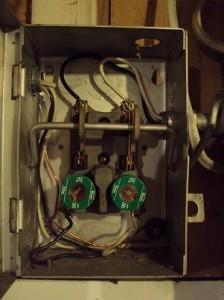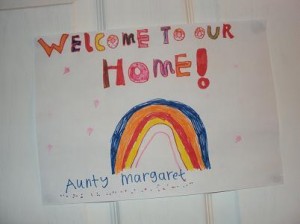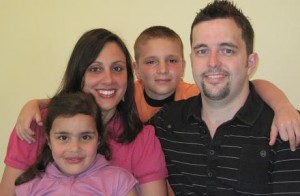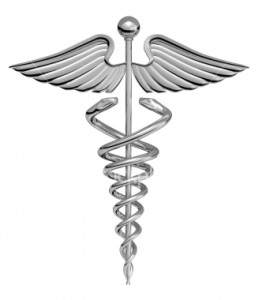When the kitchen sink clogs, I can figure it out. When a drawer sticks or the upholstery rips, I know what to do. When fuses blow again and aga in, I don’t have a clue.
in, I don’t have a clue.
My electric water heater has its own little fuse box with twin fuses and an on-off lever. It’s simple. But it doesn’t work. When there ought to be hot water in the tank, suddenly there isn’t. But not always. Only sometimes.
When I check the power box, one of the twin fuses is always blown. This week when it happened, the glass on the front of the fuse got so hot, it was bulging. When I touched it, it burned my finger.
So now I’m flipping the lever “on” to heat up a tank of water (while standing back to avoid sparks), then flipping it back to “off” again afterwards. I’m worried about the house burning down and wonder how likely that is. But when I begin feeling sorry that I don’t have a husband to tend to the problem, my friend Becky’s words come back to me: “Neither Paul or Nate did home repair jobs anyway!” I guess we can’t miss what we never had.
New widows feel especially vulnerable to minor mishaps like my blown fuses, and any small blip in circumstances can quickly grow into a major crisis. Of course we can use a phone as well as the next person but often have trouble making the many tiny decisions necessary to move forward. “Who do I call? What if I get swindled? Can I trust a stranger? If I need a recommendation, who will I ask? Will the repair be expensive? Will the whole electrical system have to be replaced?” And on and on it goes in a succession of paralyzing questions. Meanwhile, nothing gets done.
In the months since Nate died, I’ve found myself in a swirl of indecision again and again, even to the point of wondering if I should walk upstairs to get my shoes or go downstairs to start the wash. Either would be fine, and both have to be done, but there I stand in the living room, immobilized by my inability to decide. I’ve asked a few of my widow friends if this is crazy, but they’ve responded with knowing smiles and similar scenarios.
Life becomes discombobulated when a mate is lost. If Nate was here, I’d report to him on the electrical dilemma and ask what to do. Being good at making decisions, he’d act without hesitating, either by finding the Yellow Pages or making a call or promising to have a solution by tomorrow. But because he is gone, the other half of that conversation is missing, which throws me into a tailspin of uncertainty.
I have high hopes my decision-confusion will eventually lift. Long-term widows tell me it will. In the mean time, I’ll lean on my knowledgeable brother-in-law for help and be thankful he’s willing to rescue me… yet again.
“Let all things be done decently and in order.” (1 Corinthians 14:40)




